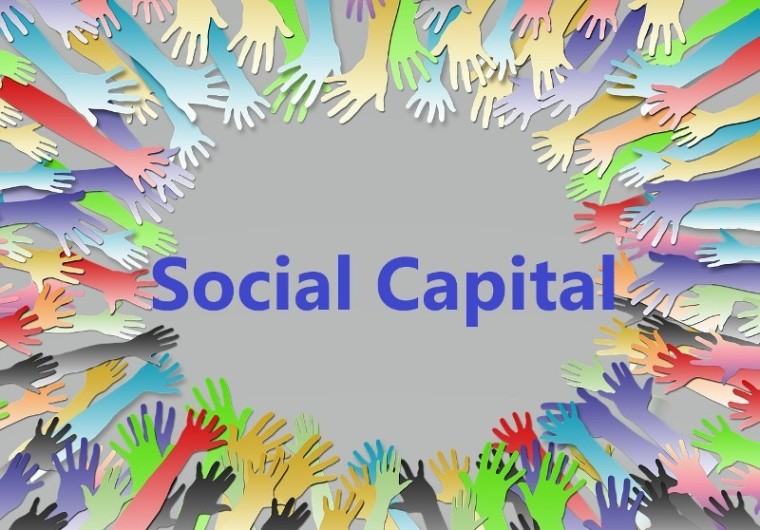
The term “social capital” has become popular among social analysts to explain the value of community, connectedness and a sense of belonging.
It’s something God knew long before we coined a term for it. God said, “It is not good for the man to be alone” (Genesis chapter 2 verse 19). God had created light, sky, land, vegetation, sun, moon, fish, birds and animals. All the resources necessary to sustain life yet he saw it wasn’t enough. We need relationships with people.
When I worked in public libraries, I was told that libraries are the new ‘village green’. They are public spaces that are safe, comfortable and non-judgmental. Most libraries are warm in winter, cool in summer and have easy access to good toilets. They provide a connection to the community and therefore build social capital.
Libraries communicate the message that everyone has an equal right to access regardless of their circumstances or background. They create a sense of equity and reduce marginalization or exclusion. Local governments are always looking for ways to take advantage of this asset.
Monetary or social value
In Australia, we tend to measure activities by their monetary value. If we go to a museum, concert or football match, we want to know how much it’s going to cost. We don’t usually consider activities in terms of their emotional and social benefits. An event that we attend with others may be very expensive, but worthwhile not only in terms of its entertainment value but also in the deepening of relationships that occurs when we share an experience with others.
Research shows that people with high levels of social capital are healthier, less prone to depression and live longer. Consequently, governments are looking at ways of helping people to be better connected.
I read about a young Australian girl who came home profoundly impacted after visiting a community of people in Mexico. They were very poor in terms of money but very rich in terms of social capital. They valued belonging to a community where they felt connected. Celebrations, weddings, birthdays and religious occasions were important to them because of the relationships they have with each other.
They were accepting and tolerant of others. They lived in “harmony with one another” and didn’t need to be told to, “rejoice with those who rejoice; mourn with those who mourn” (Romans chapter 12 verses 15 to 16) since it was already part of their culture.
Evaluating our activities
This year we have been denied many of our usual opportunities for developing social capital. Yet, this provides the opportunity to consider which activities are most beneficial. Will we just resume all our previous commitments when the restrictions are removed? Or will we take the time to evaluate our activities, not just in terms of their entertainment value, their monetary value or even their physical benefits, but also whether or not they add to our emotional and social well-being?
Much like libraries, we often underestimate the value of churches providing social capital. Yes, we want people to come to know and love God but churches provide more than instruction and opportunities to worship God in a corporate setting. They provide an opportunity for friendship, community and a sense of belonging.
Churches ought to communicate that everyone is welcome and have equal rights to access regardless of their circumstances or background. They ought to create a sense of equity which reduces marginalization and exclusion.
God in his wisdom has placed us in a community of believers so that we might enjoy an abundance of social capital. Sometimes this stretches our patience and requires us to be tolerant of others who have different ideas and customs. However, it also provides us with people who will support us, pray for us and comfort us.
Let's make the effort to avail ourselves of all that God has provided for us.

Susan Barnes has been involved in pastoral ministry for over twenty years with her husband, Ross. They are now semi-retired and enjoy supporting a number of churches in north-east Victoria. You can find more of Susan’s articles at: https://www.pressserviceinternational.org/susan-barnes.html